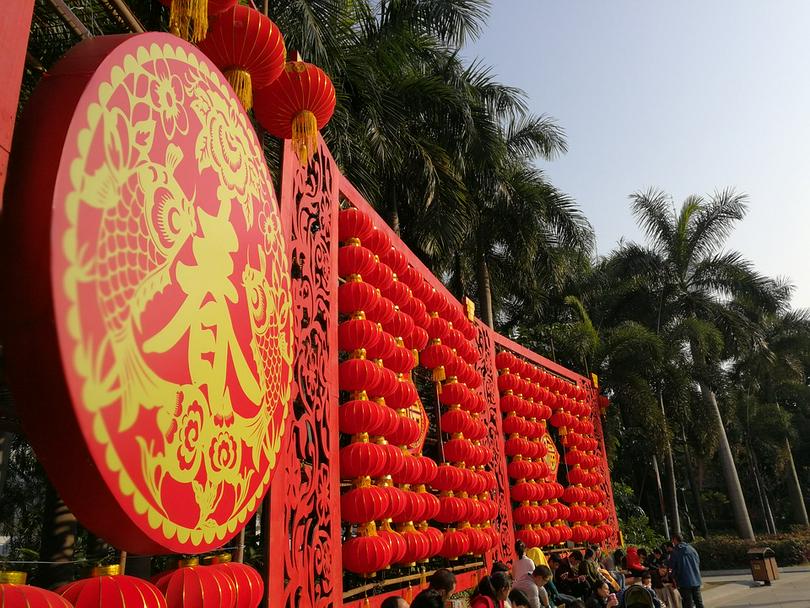The fact that some Christians are opposed to traditional holidays has created tension between them and non-believers. The reluctance to beliefe among non-believers is also related to a lot of Christians.
Some Christians started a boycott against various festivals such as Laba Festival, celebrated on the eighth day of the twelfth month of the Chinese calendar; however, people realized by the end of the year that the whole society is against Christmas, pointed out by a pastor.
So, what are the reasons that some Christians are so against traditional Chinese holidays?
The origin and pagan elements of traditional holidays.
China is not a country with great Christian influence and it did not 'hear' of it for a long period of time, therefore, the origin of holidays is inevitably pagan. There are also many rituals that are forbidden by Christianity, such as worshipping idols, consulting ghosts, and fortune-telling, among others. From the perspectives of many believers, traditional holidays are all pagan and participating in them, with elements like worshipping idols, would be severely against the doctrines of Christianity.
However, we need to see that aside from superficial rituals, the essence of the festivals is not contradictory to the faith. For example, Spring Festival and Mid-autumn Festival stress reunion; Tomb-sweeping Day emphasizes remembering ancestors; Dragon Boat Festival stresses cherishing the sages and showing the spirit of Patriotism; Double Ninth Festival is about honoring the elderly.
These intrinsic values not only don't conflict with our faith, but they're worth promoting.
As society develops, the superstitious color gradually wears off and traditional holidays only preserve their external form. They're even full of the spirit of the time, such as having a family dinner on Spring Festival, advocating sweeping tombs in a civilized way, dragon-boat race becoming purely sport, and more.
Moreover, many Chinese visit families and friends and travel during holidays, and it is no different from other holidays.
Some bad habits existing in traditional holidays.
Chinese is a lively nation and people host different activities when the holidays come, some of which maybe excessive, like drinking and gambling. It can even trigger fights.
Seeing this, some brothers and sisters feel it is contrary to their faith, so they have begun to boycott holidays.
Though there are all sorts of bad habits, they are contradictory to the intrinsic values themselves. Christians can choose to celebrate in appropriate ways and avoid the mentioned activities instead of resisting them. If possible, we should within our capability break with the old customs and restore the true features of traditional holidays.
Lack of traditional culture awareness.
In the last fifty years of the twentieth century, traditional culture has been edging out. This results in many Chinese lacking cultural awareness and deep bonds for traditional holidays other than Spring Festival.
As the national power improves in the 21st century, our country is realizing the value of reviving traditional culture. Traditional holidays received more attention. Some became legalized and many scholars and media are constantly promoting relevant information. With this background, traditional holidays will embrace new chances.
All in all, Christians boycotting traditional holidays will only increase the conflict between believers and non-believers which will affect the spread of the Gospel. What Christians need to do is to be light and salt during holidays to glorify God and benefit man, and bear wonderful testimonies.
-Translated by Grace Hubl











